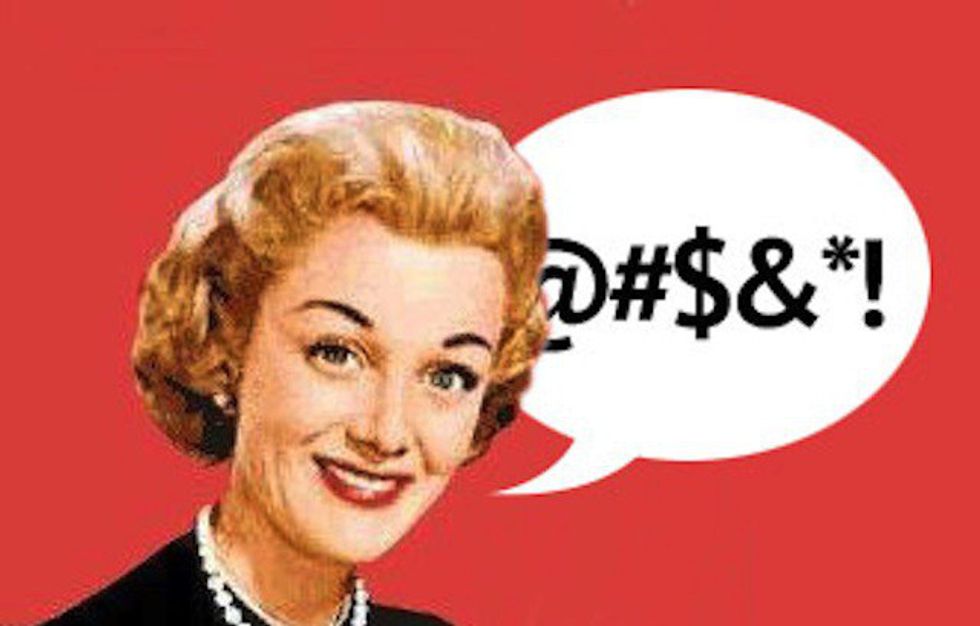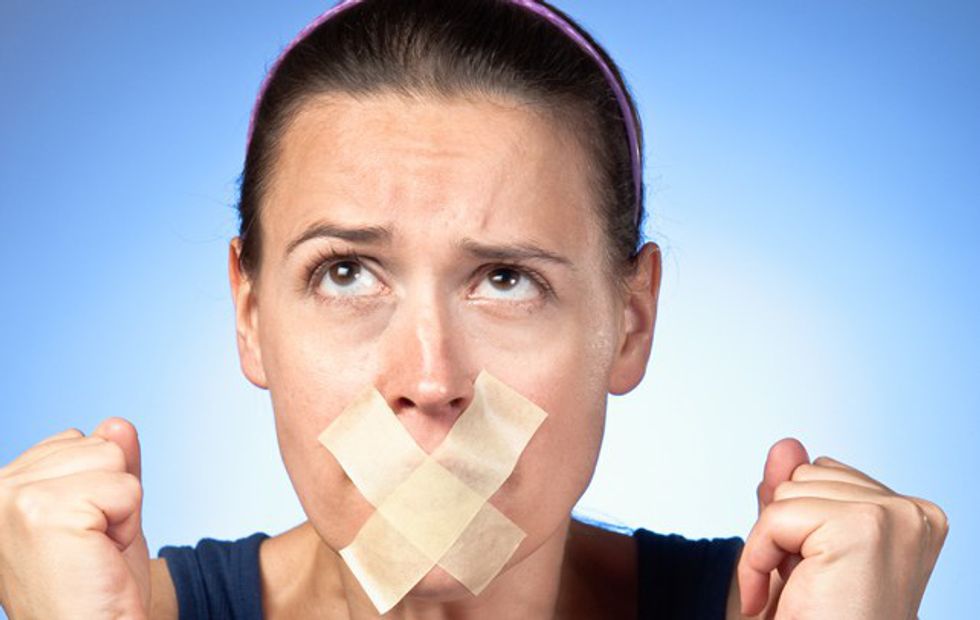In my social media self-expression, I’ve been criticized for my controversial beliefs, but never the language I use to convey it. However, I recently received a comment on a YouTube video that inspired me to write this article.
There are many arguments against swearing. Some argue that it endangers your relationships by promoting negativity and displaying immaturity. Others believe swearing can make people seem ignorant, lazy, or even aggressive. I agree that swearing may offend some people and is often inappropriate. However, I’m writing this article to draw attention to some potential unexpected benefits of swearing. The scientific evidence behind these benefits may be thin, but I wanted to share them anyways in an effort to promote free speech and all forms of self expression.
Studies have shown that swearing can activate our “flight or fight” response, leading to an influx of adrenaline, which often has a pain-relieving effect. Keele University in England conducted a study in which they found that people who swore were able to hold their hands in ice-water for twice as long as people who did not. However, this only holds true for occasional swearers, not for people who swear so frequently that they are desensitized to its analgesic effects. Richard Stephens, who conducted this study, argues that “swearing is such a common response to pain that there has to be an underlying reason why we do it.”
Another benefit of swearing is that it allows us to fight bad situations or take out our anger in a nonviolent way. While swearing can be hurtful in its own way, it can also help one channel his or her aggression in a less physically violent way. There are certainly more constructive ways to take power and control over one’s situation without cursing, but if it does benefit one’s mental health or help alleviate anger, it may still be beneficial. In fact, researchers have found that profanity, as a coping mechanism, can help increase resiliency.
Some argue that those who incorporate more four-letter words in their vocabulary are less intelligent. While I agree that the effectiveness of profanity decreases with its frequency, I do believe swearing can inject language with emotion or imagination. In fact, one study found that one’s knowledge of swear words correlates with a larger vocabulary.
One of the main reasons I swear is to express my passion. One study proved that light swearing can correlate with a speaker’s credibility or ability to persuade an audience. I view swearing as an important component of my verbal expression. I use it to emphasize points that are really important to me.
Nonetheless, I still acknowledge that profanity can make some people feel very uncomfortable and there are a lot of occasions in which swearing is completely inappropriate. However, whether you swear to add color to your vocabulary, to relieve pain, or to persuade an audience, it is ultimately your choice, and you shouldn't let yourself be censored by fear of judgment.
























